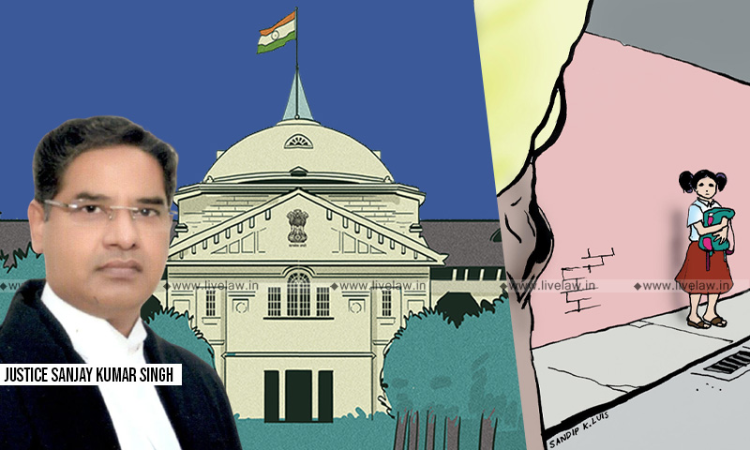Depth Of Penetration Is Immaterial In Offence Of Rape: Allahabad High Court Denies Bail To POCSO Accused
Sparsh Upadhyay
11 April 2022 8:26 PM IST

Next Story
11 April 2022 8:26 PM IST
Stressing that the depth of penetration is immaterial in an offence of rape, the Allahabad High Court last week denied bail to a man who committed rape on an 8-year-old girl.The Bench of Justice Sanjay Kumar Singh further observed that little girls are worshipped in our country, but the cases of pedophilia are increasing. The Court also said that a victim/female small child who experiences...
